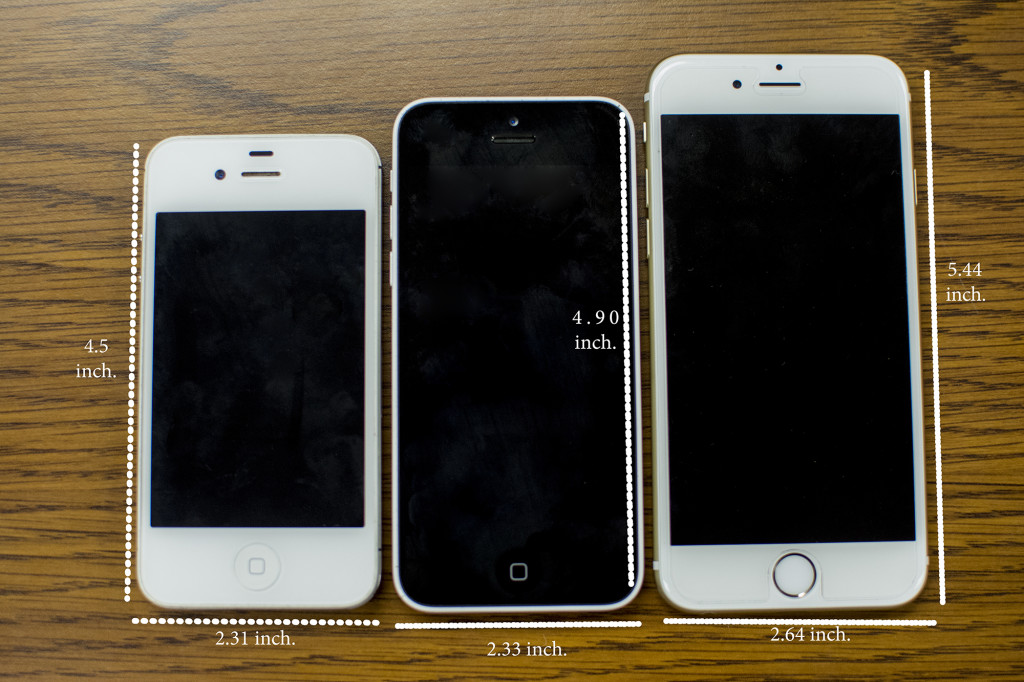Amid viral videos demonstrating bendable and easily breakable iPhone 6 Plus devices, there arose even more shocking news from Apple: New iPhones block the National Security Agency and the police.
Thanks to the new privacy policy released with iOS 8, Apple’s most recent mobile operating system, law enforcement officials cannot access data from most iPhones or iPads, even with a search warrant.
“Unlike our competitors, Apple cannot bypass your passcode and therefore cannot access this data,” Apple said in the Government Information Requests section on its website.
While Apple was previously able to unlock some content on devices, such as emails, photos and contacts for legally binding requests, the release of iOS 8 has now made such invasions impossible. The company has reworked its latest encryption in a way that prevents anyone but the device’s owner from gaining access to user data.
For investigators to decode information stored on a device, they will either have to get the code from the phone’s owner or try to break the code, which could take up to five and a half years according to an Apple technical guide.
However, Apple’s continuous efforts to distinguish itself from competitors are not without shortcomings. Those who forget their passcodes can no longer recover them by contacting Apple. Additionally, the company still has a legal responsibility to turn over user data stored beyond the physical device, such as in the iCloud. If users have not adjusted their settings to block their information from entering iCloud, then the NSA and the police have the right to access backups of photos, videos, music and other data.
Apple’s move of locking out the NSA has seen mixed reviews. While privacy activists are raving about the latest security measures, others are worried about what it could mean during kidnappings or terrorist threats.
“The notion that someone would market a closet that could never be opened—even if it involves a case involving a child kidnapper and a court order—to me does not make any sense,” said director of the FBI, James B. Comey at a news conference last Thursday.
Despite the controversy, iPhones remain popular, especially on the Seattle University campus.
According to Marc Parrish, Technology and School Supplies Buyer for the Seattle U Campus Store, iPhones are the most popular products sold at the store, with other Verizon phones, mobile chargers and headphones following behind.
The iPhone 6 and iPhone 6 Plus are “tremendously popular,” Parrish said. “We are actually running $50 off on them. We’re doing that until the end of the year.”
The Seattle U Campus Store has already sold approximately 30 to 35 of the new iPhones since they launched several weeks ago. Some of them are preorders, and Parrish himself will have an iPhone 6 in December.
Besides the new security feature, there are many reasons why consumers find iOS 8 and the new iPhones attractive.
Apple’s latest mobile operating system includes new features such as a self-timer on the camera app, Wi-Fi calling, credit card scanning to make shopping easier, detection of which apps consume battery charge, recovery of deleted photos and videos and the ability to hide pictures and videos in the photos app. Additionally, Siri can now recognize music and tell users what song is playing. Siri can also be used without holding down the home button; users simply need to say “Hey, Siri” to get the personal assistant’s attention, but only when the device is plugged into a power outlet.
The iPhone 6 design has a more rounded, slimmer body than previous iPhones, a 50 percent more efficient battery and higher display contrast than the iPhone 5S.
Parrish, like many others, appreciates the new phone’s features and wants the device for its improved efficiency, appearance and feel. What the new security encryption will mean for iPhone users and law enforcement officials will become more clear in months to come. For now, even in the face of trending videos of iPhones bending—now in question after a Consumer Reports stress test revealed that it takes only 90 pounds of force to break an iPhone 6 Plus—users still believe Apple provides quality products and customer service.









